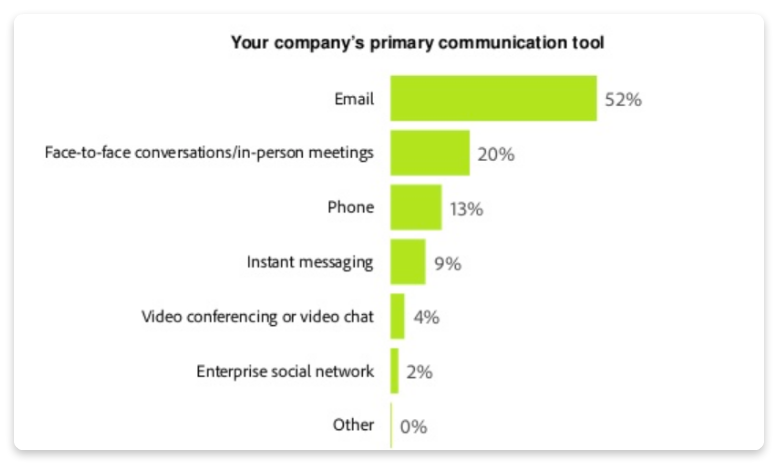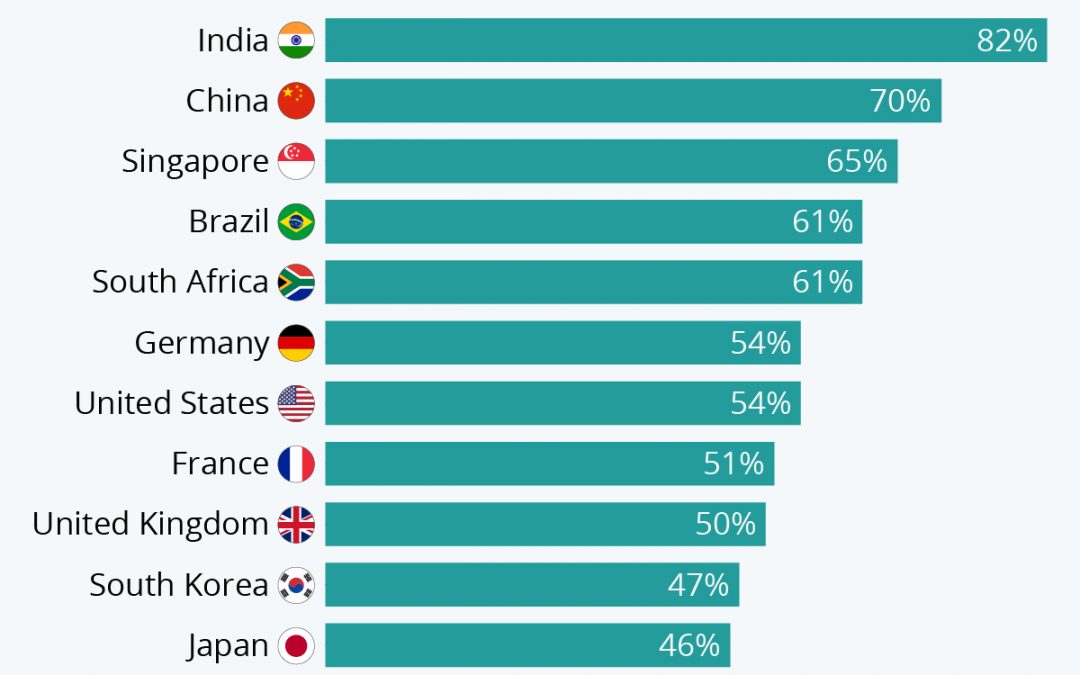Trust, it’s a beautiful unspoken thing and in business, it’s a real commodity. I would personally liken it to gold dust, you need to cherish it. Knowing this, The data industry is no different to this, trust is just as important, if not more. The data industry is a very complicated one and relationships with suppliers are critical, hence the need for trust. For instance, let’s just say that you buy a dataset for a telemarketing campaign. When it comes around to actually calling the list, you find that it’s a complete mess. Old info, wrong phone numbers and completely useless. That’s a common reality in the data industry and it makes trust critical.
You need to trust that your supplier has the foresight to understand that retaining your business is more important than making a quick sale. There are people in the industry that are wonderful when looking after their clients, but there are still too many that don’t. This is why it’s important, as a customer to have a good understanding of who you’re dealing with. You should do your own due diligence and work out whether this supplier is someone that you can have faith in. That’s easier said than done though.
What is Trust in Business?
Now that we’ve had a brief intro to the topic, we can talk more generally about trust in business. When thinking about trust, it can be quite hard to pin down and different people will give you different answers. So, how are we going to define trust? A definition that I have come to like is that trust is the increasing presence of six traits. An absence of these traits in a relationship between a supplier and customer are indicative of a lack of trust. Down below, we’ll go into a brief description of these traits.

- Reliability: Is the supplier true to their word?
- Transparency: Is the supplier transparent on the direction of their business and their offering?
- Competence: Is the supplier technically capable of fulfilling the requirement?
- Authenticity: Are the actions of the supplier in line with their persona?
- Fairness: Does the supplier treat you fairly in all situations?
- Openness: Does the supplier accept responsibility for failings and shortcomings?
If you’ve been reading these questions about your data supplier and have mostly answered no, I have some news for you. You need to find another company that will better look after you. This is especially true in the current climate, where every penny counts for small businesses. You don’t want to be wasting money on something that doesn’t work.
What is The State of Trust Like in The Data Industry?
The state of trust in the data is consistently in a state of flux, although many people tend to be very sceptical of the industry. This is likely due in part to the prevalence of fraudulent cold callers and rogue companies that scrape information to contact people. The DPA 2018 and other legislative reforms were meant to effectively stop this by granting the ICO additional powers to fight those not complying with the law. People are definitely becoming more cautious as the possibility of being sold bad data now has further-reaching consequences than it may have done previously.
It is thankful then that most B2B operations still need business details to prospect for new customers. It has definitely been much easier for the data providers that specialise in the provision of B2B datasets. This is because it is much easier to avoid using personal information in B2B and the GDPR balancing assessment for legitimate interest is easier to carry out. It’s still the case that the relevant documentation and paper trail will breeze you through compliance and trust can be rapidly formed from that point. As a customer, you should always ask to see your supplier’s compliance statements before making an order. This way, you will protect yourself.
What Erodes Trust in The Data Industry?
There are many things that erode trust in the data industry, but let’s keep the examples in line with what we discussed earlier. That being, the six elements of trust in business. If we were to apply these directly to a data supplier, then we can find examples of activities that would erode customer trust. So, for each of these, we will give you two examples of how this could happen. If you’re seeing these regularly from your supplier then you should consider switching immediately. You’ll save a lot of money and headaches this way, in more ways than one.

Reliability
- The supplier fails to deliver your order in a timely manner.
- The supplier provides you with the wrong type of product.
Transparency
- The information on the data isn’t as has been advertised.
- The accuracy rates of the data have been massively inflated.
Competence
- The supplier physically cannot provide you with the data you need.
- The data the supplier provides isn’t of a high enough quality.
Authenticity
- The supplier has given you data that isn’t safe to call.
- The supplier is not registered with the Information Commissioner’s Office.
Fairness
- The supplier fails to compensate you for a bad order.
- The supplier offers you a horribly inflated price.
Openness
- The supplier fails to acknowledge the failings of the provided data.
- The supplier does not inform you of how the data is sourced.
How We Keep Client Trust at DMS
I’ve personally been in the data industry myself for around four years now and collaborating with Harry (the MD), we’ve managed to put client trust at the heart of what we do. Firstly, as standard, the company has a 1-1 replacement policy on any incorrect data. If your supplier does not offer this then, then you seriously need to move away. This ensures that you actually get what you pay for in the first place. Additionally, we always make sure that your data is delivered to you within 48-hours of you paying (it’s normally a lot quicker). This means you can get dialling or emailing much quicker.
You can also rest assured that DMS will take your compliance needs seriously. The company is registered with the Information Commissioner’s Office and is readily able to supply compliance documents prior to the sale. If a supplier refuses to provide this or suddenly disappears after the request, it’s likely they’d get you into a lot of grief. I’m under the impression (correct me if I’m wrong) that it’s better to make less money from someone on a repeat basis than to con them out of one large sale. Relationships are important and reputation is a lot in this industry.
Conclusion
In closing, it can be seen that trust is even more critical in the data industry than it is in most other sectors. For ease of understanding, trust in business can be broken down into six traits. An absence of these traits indicates an absence of trust and vice versa. Recent changes to legislation have made the data industry more complex. Despite the positive steps in the right direction, there are still many too many companies doing the wrong thing. Providing inaccurate data, refusing to replace orders and the list goes on. Companies have been getting cold treatment from suppliers for too long.
Driven Media Solutions was established to help right these wrongs. We’ve all worked in the data industry in our team and we know the frustrations our clients have. We’ve frequently had discussions with customers about poor service that they have received in the past. This is why we think it is critical to ensure that customers are treated fairly and receive a transparent service. There are still so many amazing data providers out there, you just have to find the right one for you. Do your due diligence and research your suppliers, you’ll be grand!

